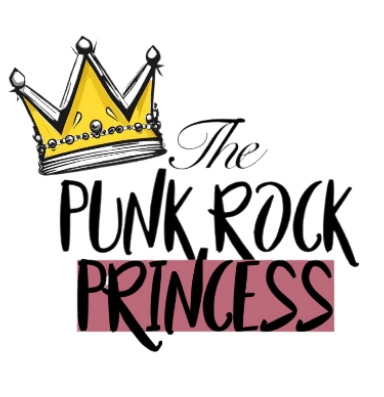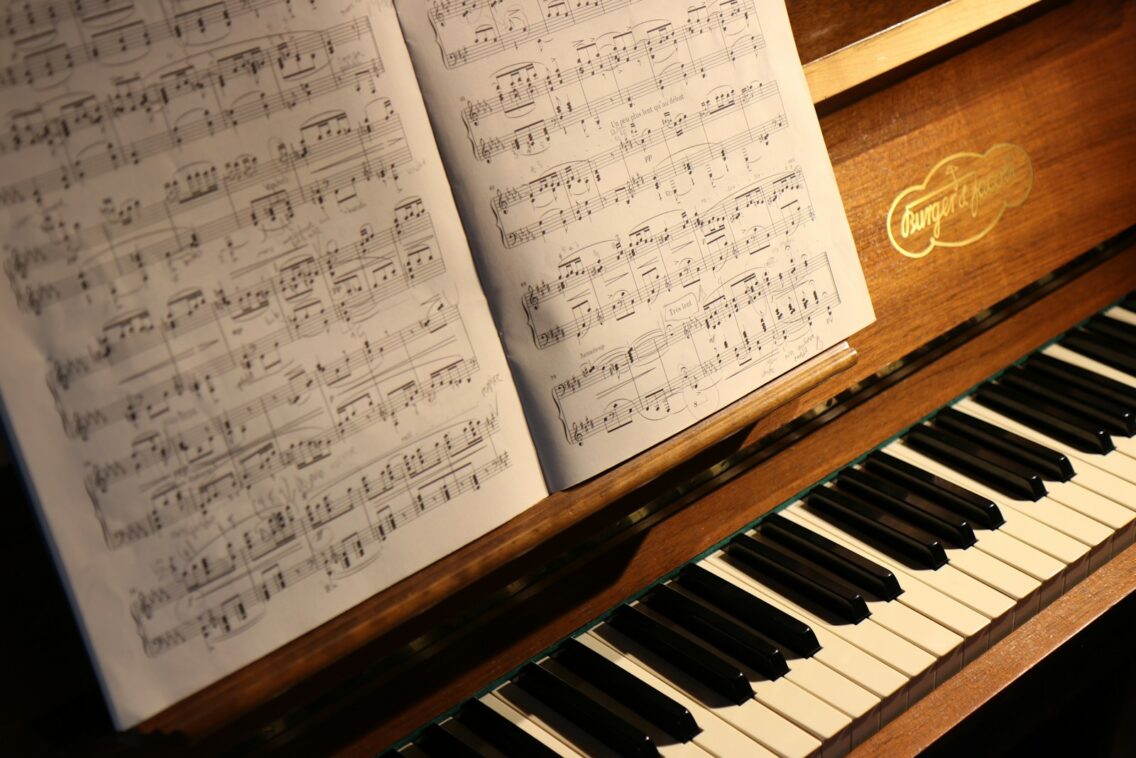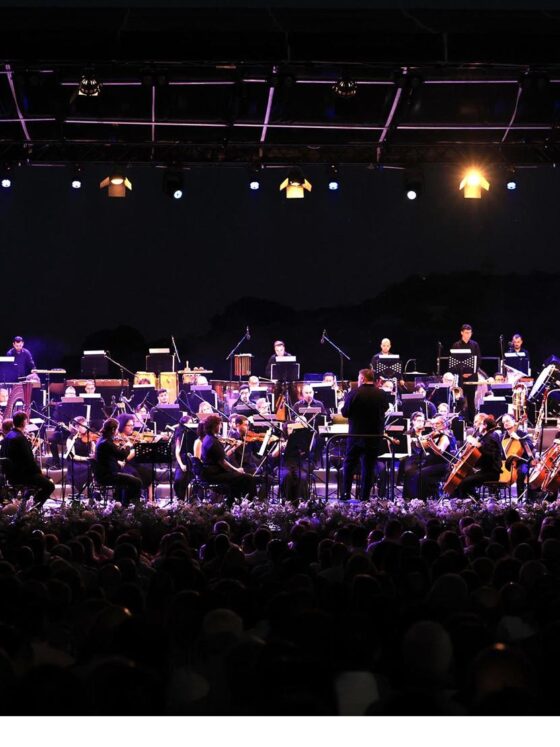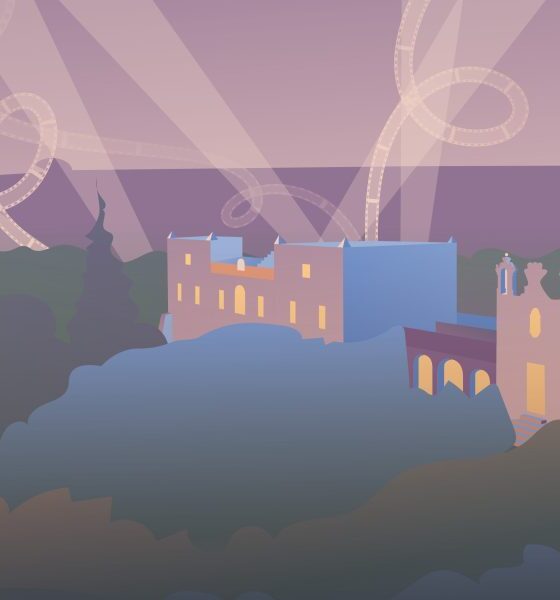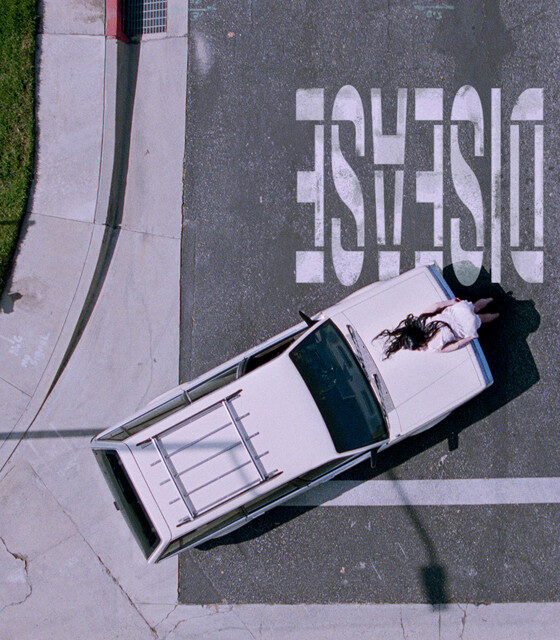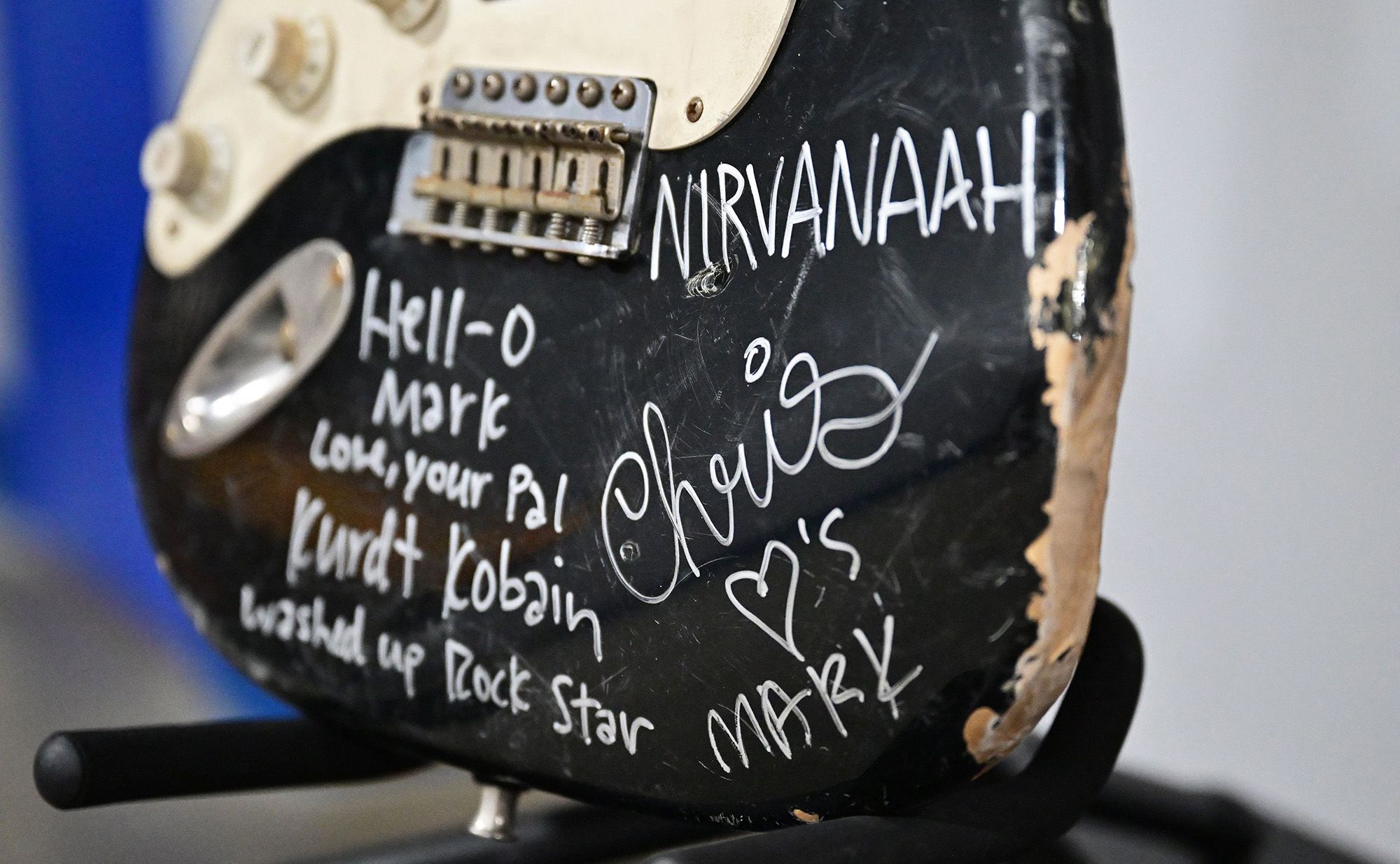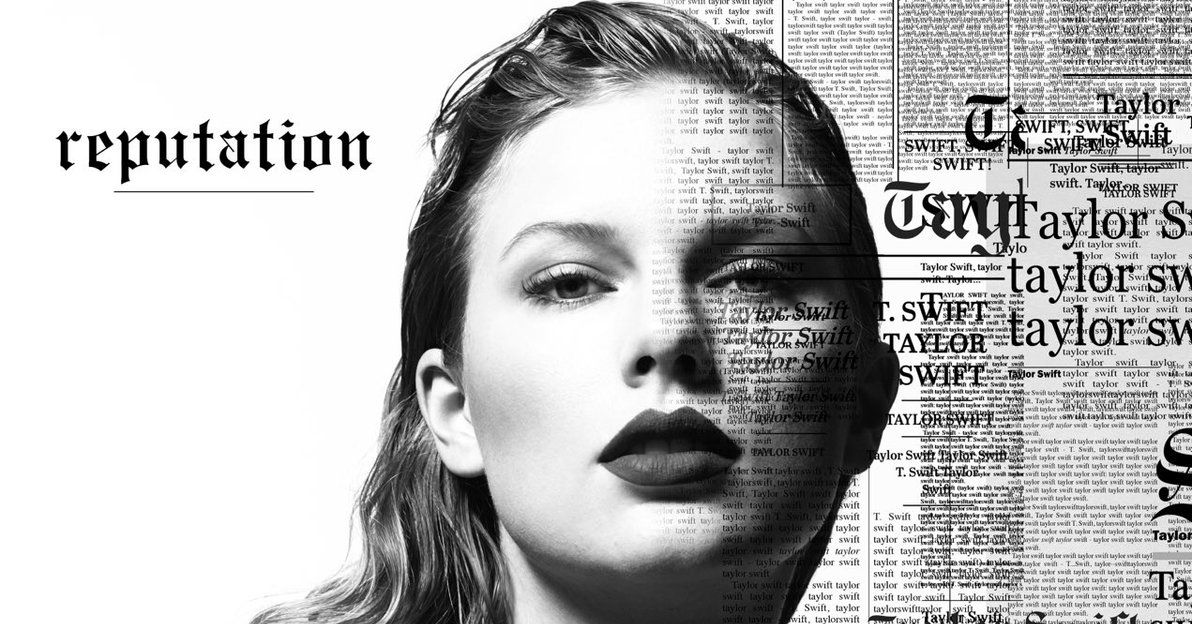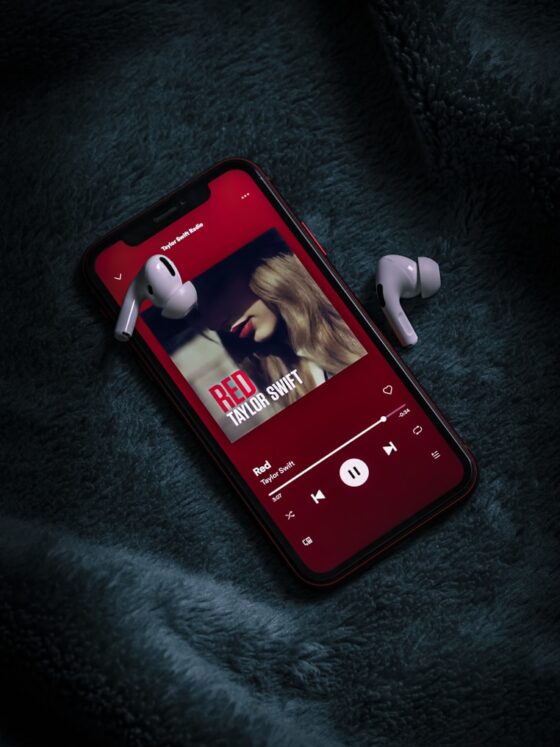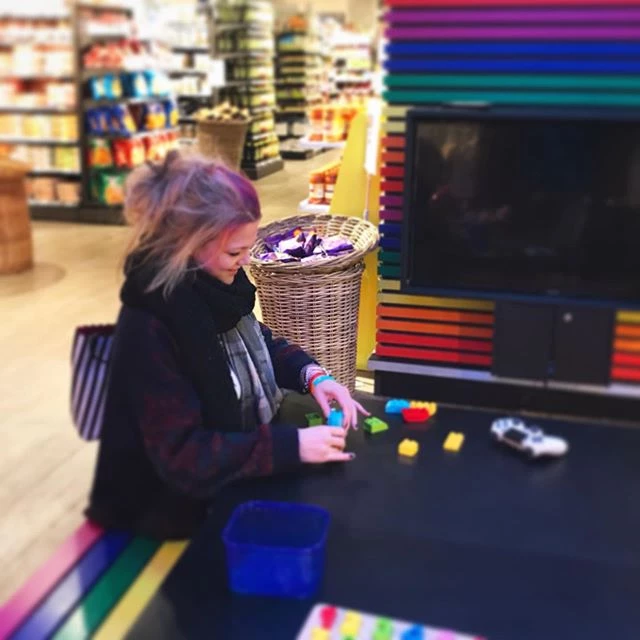Lockdown gave many of us a rare chance to slow down—and start something new. If you’ve ever dreamed of learning an instrument, the piano is the perfect place to begin. It’s expressive, versatile, and easier to learn than you might think, even without in-person lessons.
Whether you’ve got a keyboard collecting dust or are starting from scratch, this guide will help you get going with confidence and clarity.

1. Start With a Plan
Before you jump into tutorials and sheet music, take a moment to structure your learning. Piano is all about practice and patience, so building a routine that fits your lifestyle is key.
You don’t need hours a day—just 20 to 30 minutes, three to five times a week, is enough for steady progress. Use that first week to understand the basics:
- How to read music (check out musictheory.net)
- Keyboard layout and finger numbers
- Simple rhythm and note values
Tip: Set goals like “learn the intro to a song I love” instead of just timing your sessions. It feels way more rewarding.
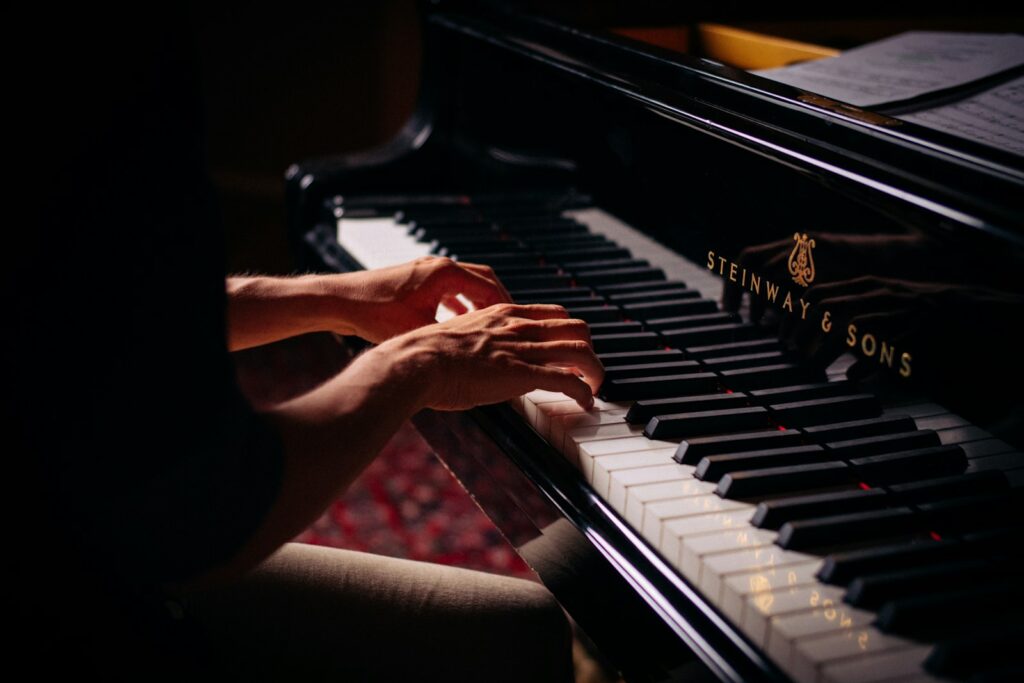
2. Choose the Right Instrument
If you haven’t already bought a piano or keyboard, don’t worry—you don’t need a grand piano to get started. A digital keyboard with weighted keys (like Yamaha’s P-series or Casio Privia) is perfect for beginners and won’t take up much space.
Not sure where to start? Read reviews on Gear4Music, Andertons, or even user threads on Reddit’s r/piano for honest feedback.
Pro tip: Look for 88-key models with touch sensitivity and built-in metronomes—they’ll give you the closest feel to a real piano.
3. Find an Online Platform That Works for You
There are loads of piano learning apps and websites out there—but not all are created equal. Here are a few favourites among beginners:
- Simply Piano – Super intuitive and visual, ideal for total beginners
- Yousician – Tracks your playing and gives real-time feedback
- Flowkey – Great for learning songs quickly, plus some theory
Try free trials before committing. Everyone learns differently, so find what clicks with you.

4. Practice Smarter, Not Harder
There’s no need to overdo it or stress about perfection. Instead, try these practical strategies:
- Set a goal per session, like mastering the left-hand part of a song
- Focus on small sections instead of whole pieces
- Use a metronome to keep tempo—there are free digital ones online
- Track progress with a notebook or app—seeing growth builds confidence
And most importantly—take breaks! If you hit a wall, step away and come back fresh.
5. Play the Music You Love
Learning scales and theory is useful, but if you’re not enjoying the journey, it won’t stick. The best motivation? Playing the music you actually want to hear.
Whether it’s Taylor Swift, Ludovico Einaudi, or The Beatles—pick songs that make you smile. There are simplified versions of most tunes available for beginners, and playing them will help you stick to your routine.
Try this: Look up “easy piano sheet music” on Musescore or 8notes—you’ll find free versions for every genre.
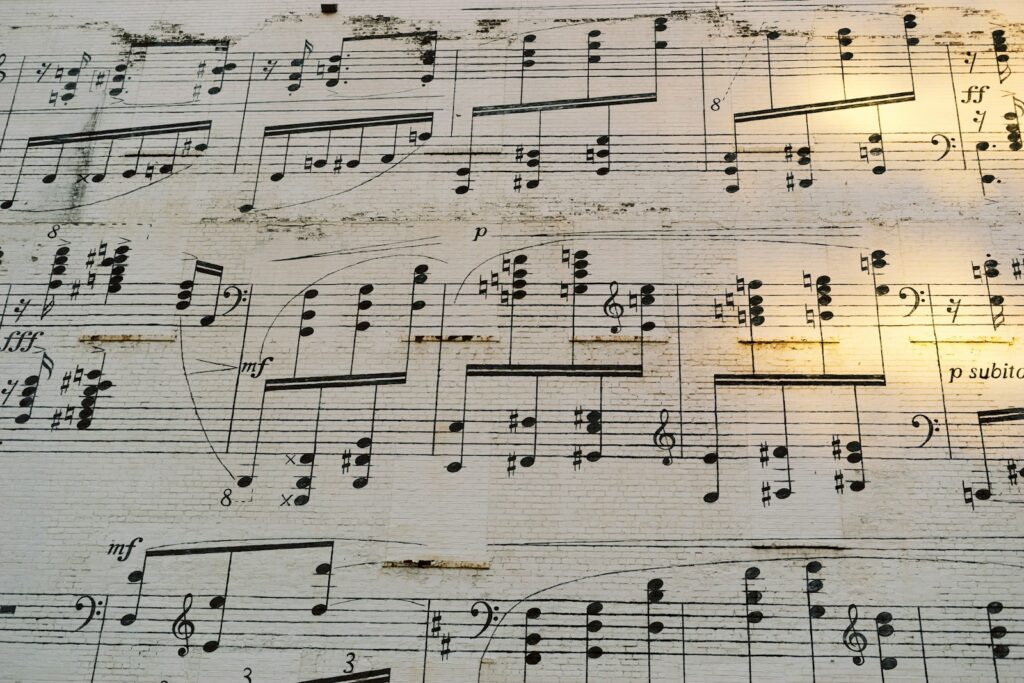
Final Thoughts: A Hobby That Sticks
Learning to play piano during lockdown isn’t just about filling time—it’s about creating something lasting. Music helps reduce stress, improve concentration, and spark creativity.
Even 10 minutes a day can transform frustration into flow. So go easy on yourself, play what you love, and let the learning unfold.
Related articles:
- Top Creative Hobbies to Start at Home
- Best YouTube Channels for Learning Guitar and Piano
- Productivity Tips for Lockdown Life
- Our Favourite Apps to Stay Inspired from Home

